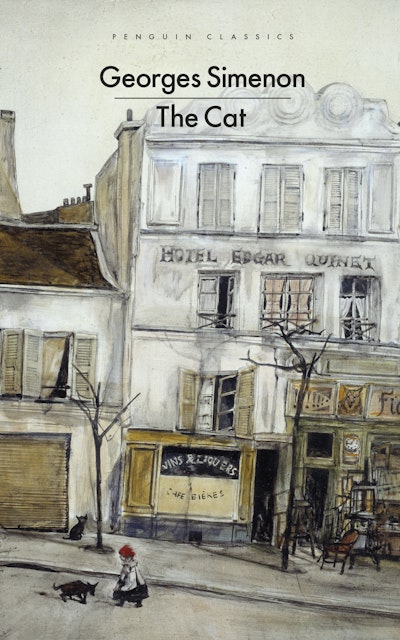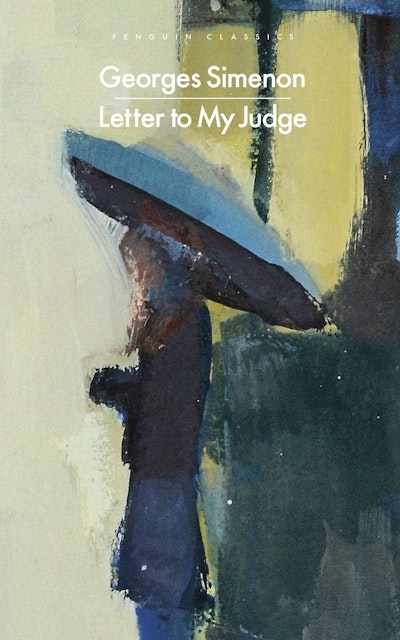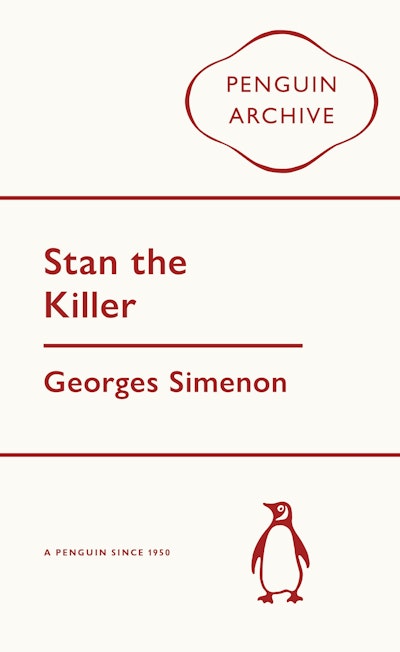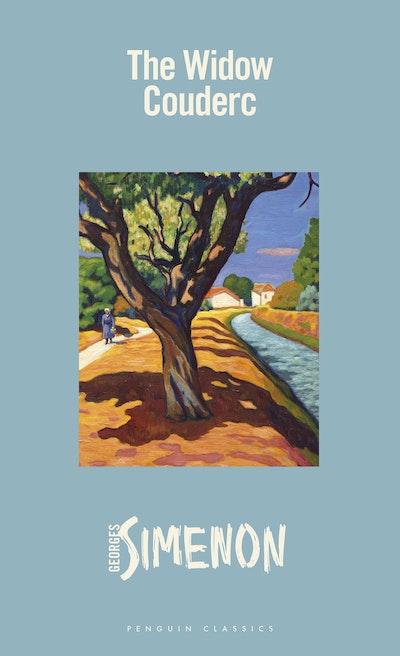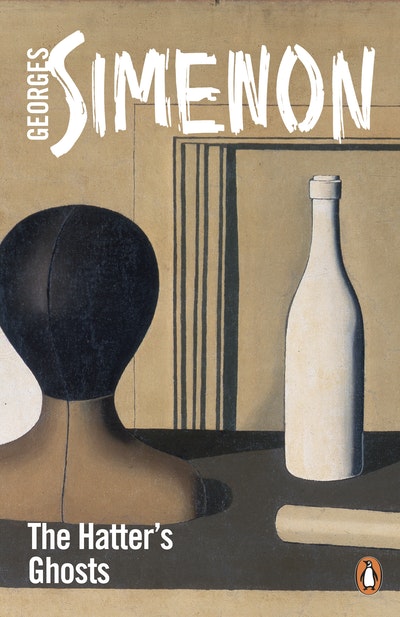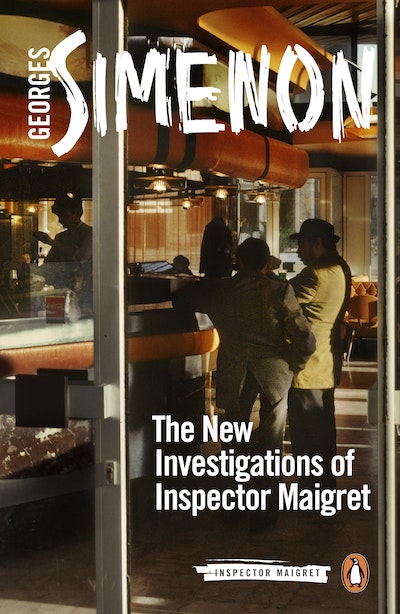- Published: 10 February 2026
- ISBN: 9780241808030
- Imprint: Penguin Classics
- Format: Trade Paperback
- Pages: 160
- RRP: $28.00
The Cat
- Published: 10 February 2026
- ISBN: 9780241808030
- Imprint: Penguin Classics
- Format: Trade Paperback
- Pages: 160
- RRP: $28.00
The romans durs are extraordinary: tough, bleak, offhandedly violent, suffused with guilt and bitterness, redolent of place . . . utterly unsentimental, frightening in the pitilessness of their gaze, yet wonderfully entertaining
John Banville
One of the greatest writers of the twentieth century . . . Simenon was unequalled at making us look inside, though the ability was masked by his brilliance at absorbing us obsessively in his stories
Guardian
Irresistible... read him at your peril, avoid him at your loss
Sunday Times
Simenon's skill is such that he never misses a trick in this brilliant study of old age, of obsession and of a human relationship gone wrong. The novel is done with great economy, and the author's psychological perceptions are sharper than ever. It is a remarkable achievement by a remarkable writer
New York Times
A great writer of detail, of atmosphere. His descriptions of Paris influenced me
Leïla Slimani, Financial Times
The novels brim with atmosphere, insight and intelligence . . . quite unlike anything else written before or since
India Knight, The Times
Exquisite, amazing books... brilliantly executed... a master
Cillian Murphy
A quite wonderful study of how uncompromising humans become in their old age ... This novel has been given the label of "classic" for a reason. The writing is rich, the plot is interesting — Simenon, in his infinite literary wisdom, ticks all the boxes of fine storytelling. But it’s the depth of character that boosts it from good to great ... If you’ve already read Simenon, it’s a reminder of his talent. And if you haven’t, think of The Cat as a gateway drug
Ceci Browning, The Sunday Times
Penguin continues to do impeccable service to the legacy of the great French crime writer Georges Simenon with The Cat, expertly translated by Ros Schwartz; the latter’s work eclipses every earlier version of this 1967 classic. Émile and Marguerite are a mature Parisian couple who no longer talk, their mutual antipathy exacerbated by the death of Émile’s much loved cat and Marguerite’s parrot. What results is a terrifying battle of wills. No one is better than Simenon at showing how banal domestic conflict can lead to murderous catastrophe, and this is one of his most authoritative non-Maigret romans durs
Barry Forshaw, Financial Times
This grimly fascinating novel is written in a clear, efficient fashion, the better to tell us what led to this peculiar domestic arrangement … It is a tribute of sorts to the capriciousness of humans that people can become accustomed to, or even dependent on, the most bizarre approaches to life. This novel, first published in 1967, illustrates our idiosyncrasies unsparingly
Declan O'Driscoll, Irish Times
This reissue of The Cat is ‘a classic’: an acerbic story of two souls trapped within their desperation, their obsession, and the expectations of their age. It is a universal story that brims with insight, wit, and atmosphere
Unseen Histories
A fine new translation ... As always, Simenon’s prose is both spartan and rich with meaning ... Superb
Matthew D'Ancona, New World
Read this classic (issued with a dazzling new English translation) and you’ll realise your family and marital woes aren’t so bad after all ... a disturbing tale that’s lifted out of total bleakness thanks to a generous sprinkling of black humour
WI Life Magazine
The Belgian author’s genius comes to the fore in this dark domestic drama ... below the surface lie dark and fathomless depths ... only an artist of genius could have wrought pathos out of the ghastly plight of Émile and Marguerite, lost souls clinging to the raft of their mutual dependence
John Banville, Guardian
